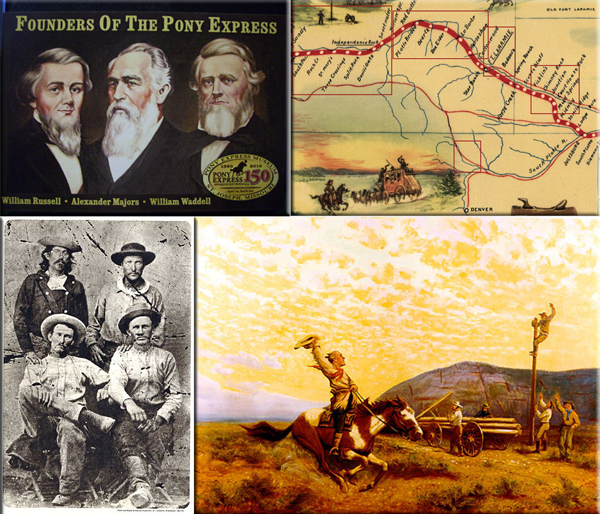
Pony Express Debuts on April 3rd, 1860
On this day in 1860, the first Pony Express mail, traveling by horse and rider relay teams, simultaneously leaves St. Joseph, Missouri, and Sacramento, California. Ten days later, on April 13, the westbound rider and mail packet completed the approximately 1,800-mile journey and arrived in Sacramento, beating the eastbound packet's arrival in St. Joseph by two days and setting a new standard for speedy mail delivery. Although ultimately short-lived and unprofitable, the Pony Express captivated America's imagination and helped win federal aid for a more economical overland postal system. It also contributed to the economy of the towns on its route and served the mail-service needs of the American West in the days before the telegraph or an efficient transcontinental railroad.
The Pony Express debuted at a time before radios and telephones, when California, which achieved statehood in 1850, was still largely cut off from the eastern part of the country. Letters sent from New York to the West Coast traveled by ship, which typically took at least a month, or by stagecoach on the recently established Butterfield Express overland route, which could take from three weeks to many months to arrive. Compared to the snail's pace of the existing delivery methods, the Pony Express' average delivery time of 10 days seemed like lightning speed.
The Pony Express Company, the brainchild of William H. Russell, William Bradford Waddell and Alexander Majors, owners of a freight business, was set up over 150 relay stations along a pioneer trail across the present-day states of Missouri, Kansas, Nebraska, Wyoming, Colorado, Utah, Nevada and California. Riders, who were paid approximately $25 per week and carried loads estimated at up to 20 pounds of mail, were changed every 75 to 100 miles, with horses switched out every 10 to 15 miles. Among the riders was the legendary frontiersman and showman William "Buffalo Bill" Cody (1846-1917), who reportedly signed on with the Pony Express at age 14. The company's riders set their fastest time with Lincoln's inaugural address, which was delivered in just less than eight days.
The initial cost of Pony Express delivery was $5 for every half-ounce of mail. The company began as a private enterprise and its owners hoped to gain a profitable delivery contract from the U.S. government, but that never happened. With the advent of the first transcontinental telegraph line in October 1861, the Pony Express ceased operations. However, the legend of the lone Pony Express rider galloping across the Old West frontier to deliver the mail lives on today.History Channel
Wikipedia Image: Founders of the Pony Express / Pony Express Route Map by William Henry Jackson, 1861. (This map excerpt shows the locations depicted in the Caspar Collins Map Collection.) / Riders Pony Express standing (left - right) J.W. (Billy) Richardson, Johnny Fry, seated (left - right) Charlie Cliff, Gus Cliff / Depiction of the construction of the first Transcontinental Telegraph, with a Pony Express rider passing, by Carl Rakeman. credit Federal Highway Administration.

Understanding Military Terminology - Cyberspace Superiority
(DOD) The Degree of Dominance in cyberspace by one force that permits the secure, reliable conduct of operations by that force, and its related land, air, maritime, and space forces at a given time and place without prohibitive interference by an adversary.
The Old Salt’s Corner - Conn
The conn, also spelled con, cun, conne, cond, conde, and cund, is the act of controlling a ship's movements while at sea. The following quote summarizes the use of the term:
One of the most important principles of ship handling is that there be no ambiguity as to who is controlling the movements of the ship. One person gives orders to the ship's engine, rudder, lines, and ground tackle. This person is said to have the “conn”.
- James Alden Barber, 2005, “Introduction”, p.8, The Naval Shiphandler's Guide
Within the U.S. Navy, the captain of a vessel typically selects a junior officer to perform the role of conning for him or her. Such an individual has the title of "Officer of the Deck" (abbreviated OOD) or “the conning officer” while on duty, and he or she will stand watches at four-hour intervals carrying out the captain's commands. However, the captain can immediately take the conn by simply issuing an order to the helm. On Navy ships, neither the ship's navigator nor the ship's pilot is usually the conning officer, whereas on merchant ships the conning officer may be the captain, the pilot, or another warrant officer.
The Officer of the Deck may give the conn to a junior officer for training purposes, in which case the Officer of the Deck and the conning officer may not be the same individual (the officer who has the deck retains responsibility for the ship's safe passage; the conning officer only has responsibility for giving the helm instructions on direction and thrust of the ship's engines.

“I’m Just Sayin’”
They call it PMS because Mad Cow Disease was already taken.

“Thought for the Day”
“The third-rate mind is only happy when it is thinking with the majority. The second-rate mind is only happy when it is thinking with the minority. The first-rate mind is only happy when it is thinking.” ~A. A. Milne
“What I Have Learned”
There isn’t anything noble about being superior to another person. True nobility is in being superior to the person you once were.
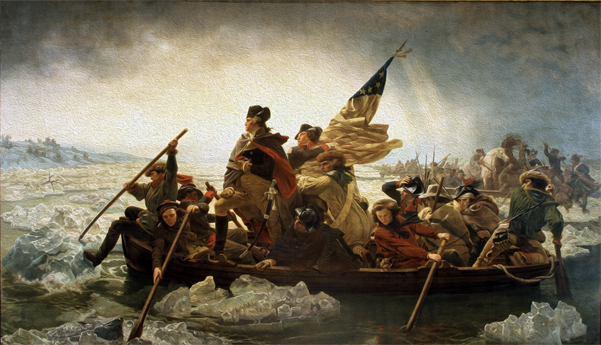
The Strange, Mysterious or Downright Weird
During America’s war for independence, the country that contributed the most soldiers to fight with the British against Washington was America itself! By 1779, there were more Americans fighting alongside the British than with the colonists.
Washington had about thirty-five hundred troops, but because one-third of the American population opposed the revolution, up to eight thousand loyalists either moved to Canada or joined the British Army.
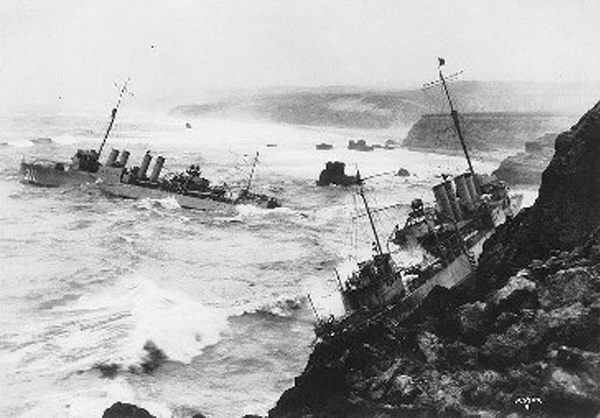
Mr. Answer Man Please Tell Us: What Was The Destroyer Disaster At Honda Point, CA in 1923?
On September, 8 1923, the U.S. Navy lost one and a half destroyer divisions in a mass grounding at Honda Point, California. On that night the ships of Destroyer Squadron (DesRon) 11 were on a 24 hour run from San Francisco to San Diego, cruising at 20 knots. The flagship, USS Delphy (DD 261) was in the lead, followed by Destroyer Divisions 33, 31 and 32; ships as follows:
● DesDiv 33: S. P. Lee (DD 310), Young (DD 312), Woodbury (DD 309), Nicholas (DD 311)
● DesDiv 31: Farragut (DD 300), Fuller (DD 297), Percival (DD 298), Somers (DD 301), Chauncey (DD 296)
● DesDiv 32: Kennedy (DD 306), Paul Hamilton (DD 307), Stoddert (DD 302), Thompson (DD 305)
The ships turned east, supposedly into the Santa Barbara Channel, at 2100 hours. In reality the ships were headed for the rocky shore, due to navigational errors, and unusual currents caused by the Tokyo earthquake of the previous week. The ships soon entered a thick fogbank, each vessel following the wake of the ship ahead. 5 minutes after the turn, Delphy ran ashore at 20 knots, quickly followed by other members of the squadron. S. P. Lee went ashore broadside to the cliffs to the north of Delphy. Young came ashore aft of Delphy, and was quickly rolled onto her side by the flagship's propeller wash. Woodbury wrecked on a group of rocks offshore. Nicholas stuck on a reef to seaward of S. P. Lee. Fuller was wrecked on the rocks just beyond Woodbury. Lastly, Chauncey grounded inshore of the capsized Young.
Somers and Farragut were warned by Delphy's siren and they slowed considerably before coming ashore; both were able to back off without major damage. The other ships of the squadron avoided grounding completely. The ships came to rest in two groups: a main group with Fuller, Woodbury, Young, Chauncey and Delphy roughly in a line, and S. P. Lee & Nicholas together to the north of the other ships. In the aftermath of the grounding Delpy capsized and Nicholas' bow broke off.
Rescue efforts began immediately. The survivors from Young escaped to Chauncey via a lifeline. Fishing boats summoned by the surviving ships worked among the rocks, plucking the crews off Fuller and Woodbury. Local ranchers, awakened by Delpy's siren, hastened to set up breeches buoys from the top of the cliffs down to the wrecked ships. Other survivors waded ashore through the rocks. 23 men were lost, mostly from the capsized Young. The survivors were taken to San Diego by special train shortly after being rescued.
The ships were total losses. They were stricken from the Register, stripped of useable equipment and sold to a scrapper for $1,035. No salvage work was done, and the ships remain where they were wrecked. Chauncey's remains are still visible. The area is now part of Vandenburg AFB.Naval Historical Center
Wikipedia Image: Naval History and Heritage Command Photographic Branch image #NH84820: USS Nicholas and S.P. Lee wrecked at Honda Point, September 1923.

Where Did That Saying Come From? “Gimmick”
Gimmick or gimac, either way it’s spelled, a gimmick is a gadget or idea that gives you an advantage. The second spelling is an anagram of magic. The word comes from the language of professional magicians and means a small, secret device, like a mirror or sliding panel, that makes an illusion possible.
Carnival barkers picked up gimac in the 1920s as a reference to a hidden control over their wheels of chance that ensured the wheel would stop when the barkers wanted it to stop. Today, a gimmick is most often used in advertising or selling, but it’s still part of an illusion.Wikipedia
Wikipedia Image: Basketball Gimmick (Endzone Dog Sports)
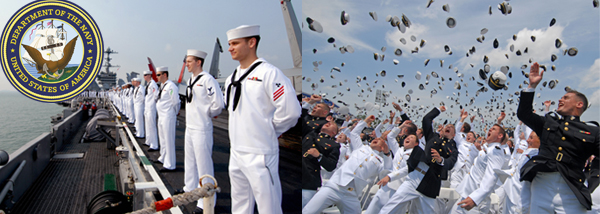
NAVSPEAK aka U.S. Navy Slang
Danger Nut: A “fun” game in which one or more sailors place a washer or nut around a rod or similar metal device and then hold it to a HP Air hose, 125-700 psi. The washer or nut spins wildly due to the high pressure air venting. Once it reaches a high enough speed, the rod is turned so that the air blows the object completely off the rod and around the machinery room. At which point AGangers giggle and try to hide behind the EOG. Thus the beloved name, “DANGER NUT”.
D.B.F.: (Diesel Boats Forever) unauthorized pin showing a non-nuclear submarine. Originally intended by the makers to be awarded whenever a nuke boat went brokedick and a diesel boat had to fill its role. Later co-opted by the diesel fleet at large and sailors began wearing the pin with stars for each diesel boat they served on, rather than each emergency deployment due to nuclear boat breakdowns.
Mash: A common boot camp and OCS term where the entire company of recruits or class of officer candidates are “mashed” into the ground by doing physical exercises such as running in place, squats, etc. This undesirable situation is most common after committing some offense or poor performance in a review.
Examples of usage are “I'm going to mash you till your eyes pop out!” or “We got mashed pretty hard last night when too many people failed locker inspection.” A common exercise while being mashed is the dreaded “hop'n'pop”. Sailors completing boot camp at Great Lakes in the early 1990s were told (often, but not always, by their recruit company commanders) that “MASH” was an acronym for “Make A Sailor Hurt”.
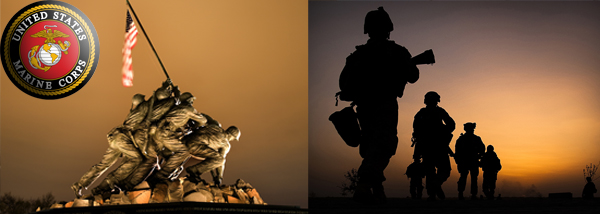
Just for MARINES
Bootenant: (OIF) A second lieutenant fresh to the fleet. Does not apply to mustangs.
Boots and Utes: (Vietnam) A uniform combination consisting of the utility uniform (the uniform worn in the field) and boots. Most often prescribed for physical training events.
Boots, rubber, ugly: (WWII) The rubber “Mickey Mouse boots” issued for cold weather.
Boucoup: (Vietnam) Many, a large amount. From the Vietnamese French.

Navy Acronyms
UA - Unauthorized Absence
UAS - Unmanned Aerial System (replaced UAV)
UAV - Unmanned Aerial Vehicle
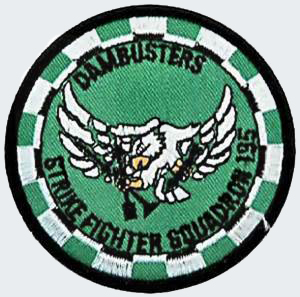
Naval Aviation Squadron Nicknames
VFA-195 - Strike Fighter Squadron 195: “Dambusters”
NAF Atsugi, Japan

The Strange, Mysterious or Downright Weird
The real name of Bill Gates is William Henry Gates III. Nowadays he is known as Bill Gates (III). By converting the letters of his current name to the ASCII-values and adding his (III), you get the following:
Bill Gates III
66 + 73 + 76 + 76 + 71 + 65 + 84 + 69 + 83 + 1 + 1 + 1 = 666
Some might ask, “How did Bill Gates get so powerful?” Coincidence? Or just the beginning of mankind's ultimate and total enslavement?
Before you decide, consider the following:
M S - D O S 6 . 3 1
77+83+45+68+79+83+32+54+46+50+49 = 666
W I N D O W S 9 5
87+73+78+68+79+87+83+57+53+1 = 666
OH WHAT A YEAR - 1989
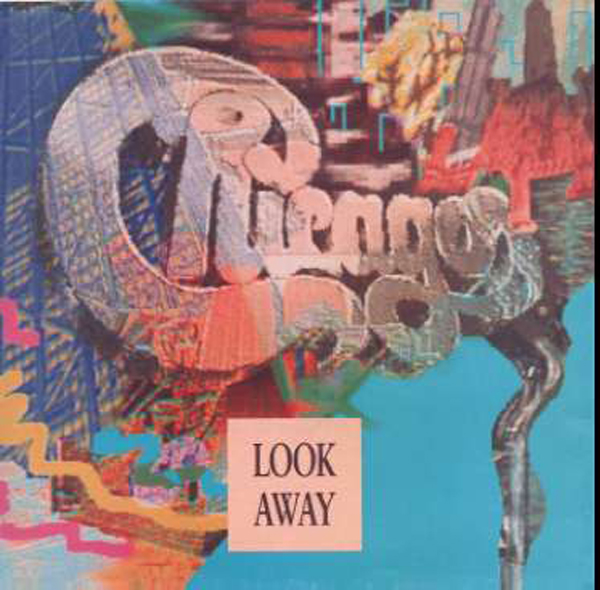
1. Look Away - Chicago
2. My Prerogative - Bobby Brown
3. Every Rose Has Its Thorn - Poison
4. Straight Up - Paula Abdul
5. Miss You Much - Janet Jackson
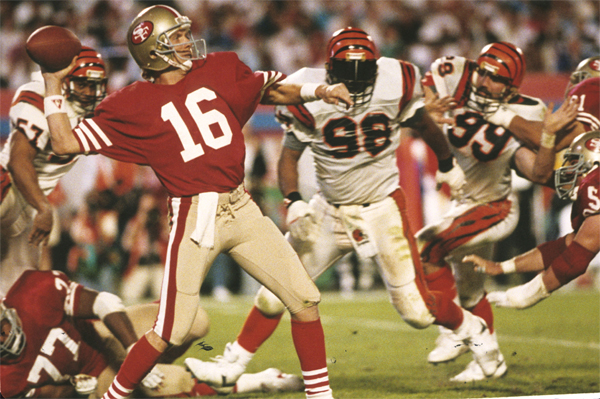
● World Series Champions: Oakland Athletics
● Superbowl XXIII Champions: San Francisco 49ers
● NBA Champions: Detroit Pistons
● Stanley Cup Champs: Calgary Flames
● NCAA Football Champions: Miami
● U.S. Open Golf: Curtis Strange
● U.S. Open Tennis (Men/Ladies): Boris Becker / Steffi Graf
● Wimbledon (Men/Women): Boris Becker / Steffi Graf
● NCAA Basketball Champions: Michigan
● Kentucky Derby: Sunday Silence
Image: San Francisco 49ers Hall of Fame quarterback Joe Montana makes a pass in a 20-16 win over the Cincinnati Bengals in Super Bowl XXIII on January 22, 1989 in Miami, Florida - January 22, 1989 AP / NFL / Amazon
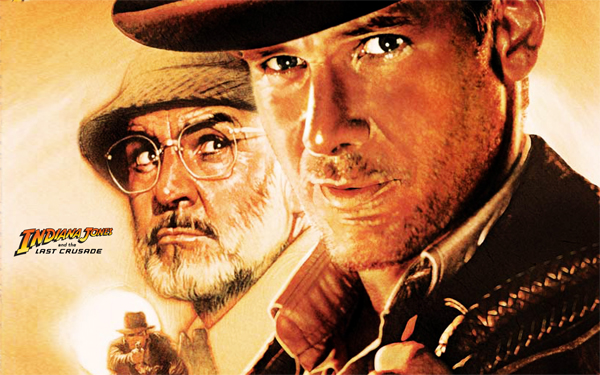
1. Indiana Jones and the Last Crusade
2. Batman
3. Back to the Future Part II
4. Look Who's Talking
5. Dead Poets Society
Image: Indiana Jones and the Last Crusade
Most Popular Christmas gifts 1989
● Tetris
● Sega Genesis
● Polly Pocket
● Nintendo Game Boy

● “You've got mail!”
~ America Online
● “I’ll have what she’s having”
~ Estelle Reiner, in “When Harry Met Sally…”
● “It keeps going, and going, and going…”
~ Energizer Batteries
● “Fahrvergnügen”
~ Volkswagon
Image: Elwood Edwards best known as the voice of the Internet service provider America Online, which he first recorded in 1989. Les Stone / Sygma / Corbis

Trivia
● Cleopatra's last name was Ptolemy, and she was Greek rather than Egyptian.
● You burn more calories sleeping than you do watching TV.
● Race car is a palindrome. What's a palindrome, you ask? Something spelled the same way forward and backwards!
A Test for People Who Know Everything
What rock group had an album go to the top of Billboard’s Top LP List in 1973 and remained on the list at various positions continuously for 741 weeks until 1988?
● Answer for People Who Do Not Know EverythingWikipedia
Answer to Last Week's Test
Little Richard is one of the greatest performers and showmen of all time. During his concerts he would take off various items of clothing and give them to the crowd. Some people would get shoes or shirts, and a few lucky ones went home with ____ _____. Fill in the blanks.
Answer: MINK COATSWikipedia
Joke of the Day
Laws We Live By
Law of Gravity - Any tool, nut, bolt, screw, when dropped, will roll to the least accessible place in the universe.
Law of Probability - The probability of being watched is directly proportional to the stupidity of your act.
Law of Random Numbers - If you dial a wrong number, you never get a busy signal - and someone always answers
Variation Law - If you change lines (or traffic lanes), the one you were in will always move faster than the one you are in now (works every time).
Law of the Bath - When the body is fully immersed in water, the telephone rings.
Law of Close Encounters - The probability of meeting someone you know INCREASES dramatically when you are with someone you don't want to be seen with.
Law of the Result - When you try to prove to someone that a machine won't work, IT WILL!!!
Law of Biomechanics - The severity of the itch is inversely proportional to the reach.
Law of the Theater & Hockey Arena - At any event, the people whose seats are furthest from the aisle, always arrive last. They are the ones who will leave their seats several times to go for food, beer, or the toilet and who leave early before the end of the performance or the game is over. The folks in the aisle seats come early, never move once, have long gangly legs or big bellies and stay to the bitter end of the performance. The aisle people also are very surly folk.
The Coffee Law - As soon as you sit down to a cup of hot coffee, your boss will ask you to do something which will last until the coffee is cold.


















